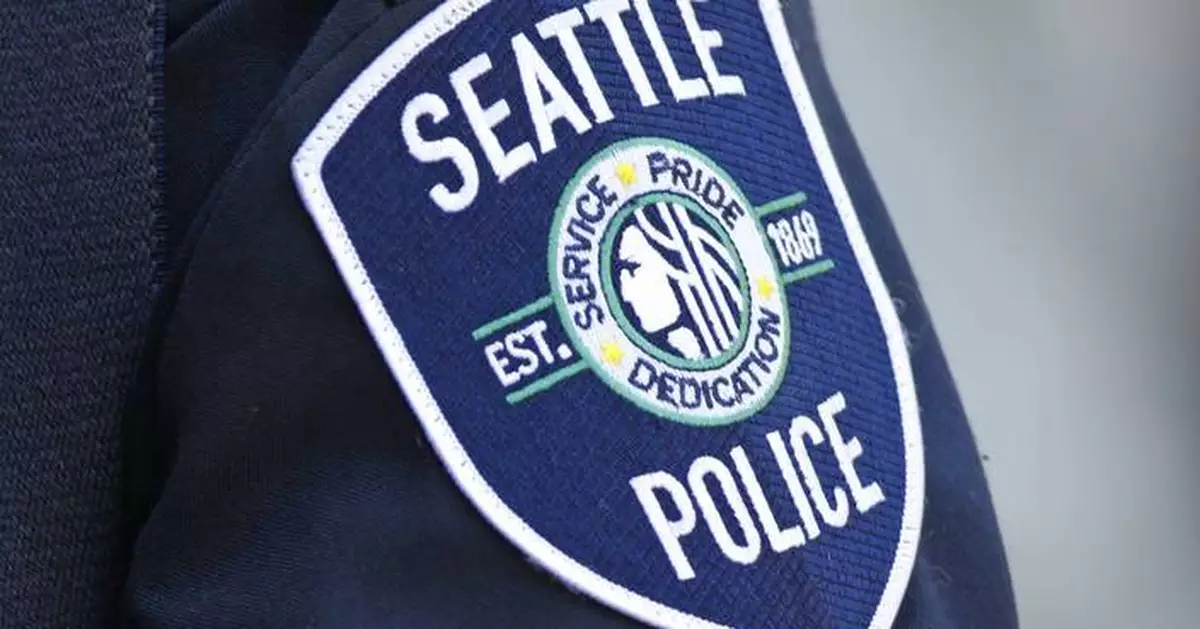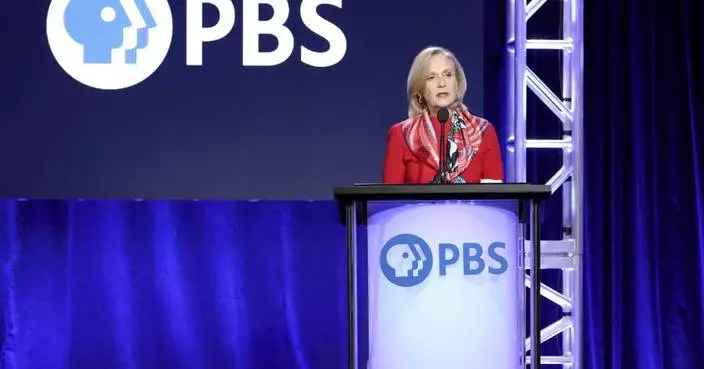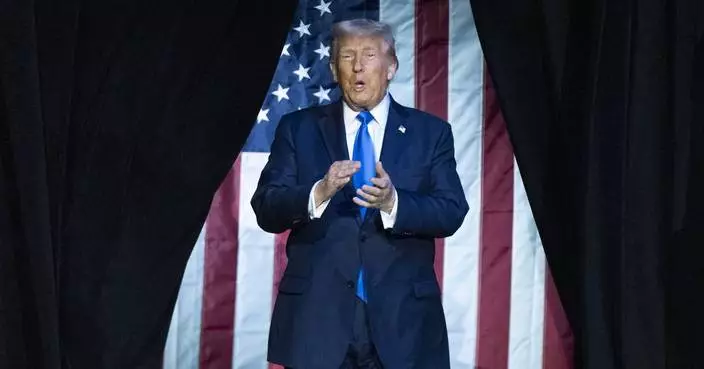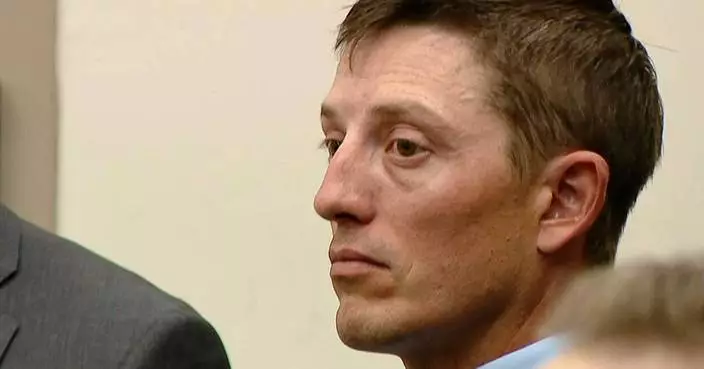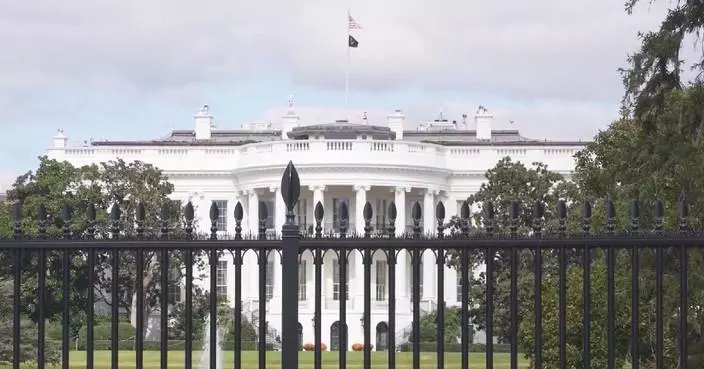SEATTLE (AP) — Current and former Seattle police officers who attended President Donald Trump's “Stop the Steal” political rally on Jan. 6, 2021 at the U.S. Capitol are asking the nation's highest court to keep their identities anonymous in public court records.
Using “John Doe” pseudonyms, they sued over whether the investigation into their activities should be made public. The Washington State Supreme Court ruled in February that they can be identified and that they haven't shown that public release of their names violates their right to privacy. The state supreme court denied reconsideration earlier this month and lawyers for the four officers submitted a petition to the U.S. Supreme Court, asking that the names remain protected during their legal challenge.
Four officers who attended events in the nation’s capital on the day of an insurrection claimed they are protected under the state’s public records law. They say they did nothing wrong and that revealing their names would violate their privacy.
In the aftermath of the Jan. 6, 2021 events, the Seattle Police Department ordered an investigation into whether any of its officers who traveled to Washington, D.C. to attend the rally had violated any laws or department policies.
The investigation found that married officers Caitlin and Alexander Everett crossed barriers set up by the Capitol police and were next to the Capitol Building, in violation of the law, prompting Diaz to fire the pair. Investigators said three other officers had not violated policies and the fourth case was ruled “inconclusive.”
Sam Sueoka, a law student at the time, filed records requests seeking disclosure of the investigation's records for the participating officers.
“We are reviewing the Does' motion for a stay,” Neil Fox, one of the Sueoka's attorneys, said in an email to The Associated Press Saturday.
Requiring the officers to use their real names in the litigation would create a chilling effect on voicing unpopular opinions, the petition to the Supreme Court said.
“At its core, this appeal involves whether a government agency can ignore the chilling effect resulting from an employer requiring an employee to disclose their off-duty political activities and attendant impressions or motivations associated therewith, followed by widespread dissemination to those who deliberately seek this information to subject these public servants to vilification without the commission of any misconduct whatsoever,” the petition said.
A response to the petition is due next week on Friday.

FILE - A Seattle Police Department patch is seen on an officer's uniform, July 17, 2016, in Seattle. (AP Photo/Ted S. Warren, File)
LONDON (AP) — Transgender women are to be banned outright from women’s and girls’ cricket in England and Wales.
The England and Wales Cricket Board (ECB) said Friday it had updated its previous restrictions following a U.K. Supreme Court ruling last month.
“With immediate effect, only those whose biological sex is female will be eligible to play in women’s cricket and girls’ cricket matches”, the ECB said Friday. "Transgender women and girls can continue playing in open and mixed cricket."
The announcement comes a day after transgender athletes were banned from playing on women’s soccer teams in England and Scotland by the Football Association.
Transgender women were already banned from the top two tiers of elite women’s cricket from the start of this year but had been permitted to compete in the women’s game at lower levels including recreational cricket.
No longer.
The U.K.’s highest court issued a ruling two weeks ago that defined a woman for anti-discrimination purposes as someone born biologically female. The head of the Equality and Human Rights Commission said after the ruling that transgender women would be excluded from women’s toilets, hospital wards and sports teams.
While the ruling was cheered by some feminist groups, it has been condemned by trans-rights groups who said it would have a broad and detrimental impact on daily life.
The issue has been polarizing in the U.K. and beyond, particularly in the United States, where President Donald Trump has signed executive orders to prohibit participation of transgender athletes in sports and to use a rigid definition of the sexes, rather than gender, for federal government purposes. The orders are being challenged in court.
Fiona McAnena, director of campaigns at Sex Matters charity, said: “The ECB’s two-tier policy was never coherent. Restricting the top end of the women’s game to female-only showed that it understood men’s size and strength confer an unfair advantage in women’s sport.
“But protecting around 300 women in England and Wales while leaving the other 33,000 female cricketers to face male bowling and batting was indefensible.”
A spokesperson for Stonewall, the LGBTQ+ charity, said: "The recent decisions of sporting bodies to ban trans women from women’s sport have been made too soon, before the implications of the Supreme Court’s ruling have been worked through by lawyers and politicians or before statutory guidance has been issued.
“It is very disappointing as several of them have been long term and vocal supporters of our Rainbow Laces campaign, advocating for inclusion in sport for all ages and at all levels."
AP sports: https://apnews.com/hub/sports
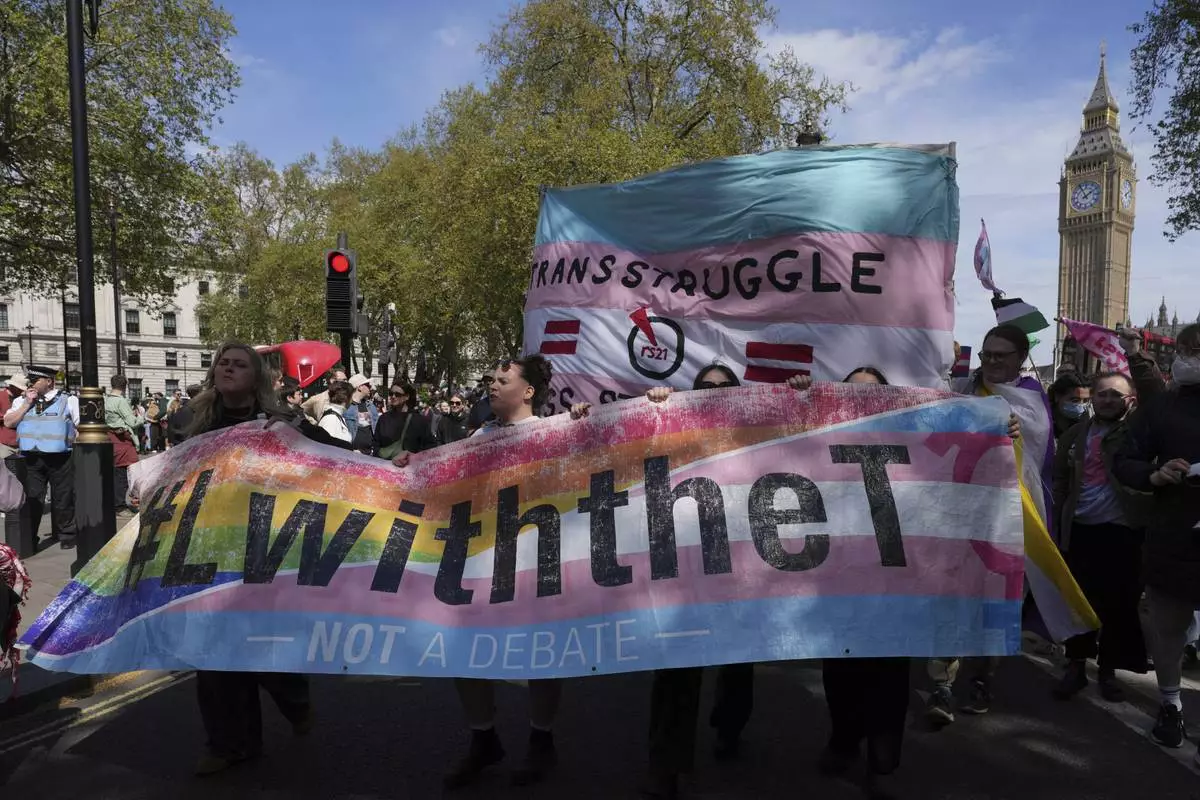
Campaigners take part in a rally organised by trans rights groups, trade unions, and community organisations following the Supreme Court ruling on the definition of a woman in equalities law, at Parliament Square, central London, Saturday April 19, 2025. (AP Photo/Alastair Grant)



